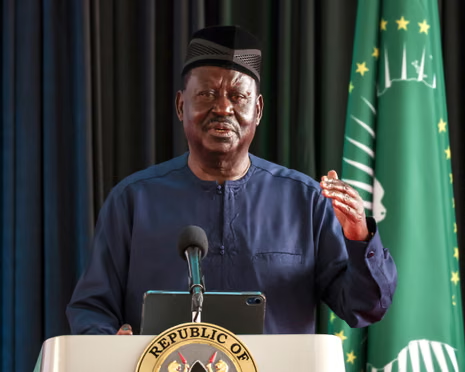Rights Commission moves to map national rights abuses

By ZHRC
THE Zimbabwe Human Rights Commission recently participated at the VII International Scientific and Practical Conference “Issues of Human Rights Protection: Exchange of Best Practices of Ombudspersons”, held on October 18, 2023 in Moscow in a hybrid format on the topic “Competencies of Ombudspersons”.
The event brought together ombudspersons of foreign countries, human rights commissioners in the constituent entities of the Russian Federation, representatives of international organizations, government authorities of the Russian Federation, the scientific community and human rights organizations.
This meeting was held against the backdrop of the celebrations of the 75th anniversary of the Universal Declaration of Human Rights (UDHR),which most if not all countries subscribe to.
Participation at the workshop underscored Zimbabwe’s willingness to co-operate with the global community in ensuring administrative justice issues in the country are effectively tackled.
The Executive Secretary Dr Delis Mazambani and the Director responsible for Complaints Handling and Investigation Mrs Kurai Makumbe represented the Commission.
The International Conference “Problems of Human Rights Protection: Sharing Best Practices of Ombudspersons” has been held since 2017 with the support of the President of the Russian Federation and serves as a significant influential platform for expanding international relations in the field of human rights protection, sharing best human rights practices,and holding discussions on human rights issues.
The objective of the conference was to bring together ombudspersons and representatives of international organizations from around the globe with the purpose of encouraging innovative ideas and sharing diversified knowledge and international experiences.
It provided indispensable exposure to the audience promoting the highest utilisation of human rights knowledge. It also provided a key platform for ombudspersons, scholars and experts to disseminate knowledge and present ongoing research on human rights issues.
Finally, the conference facilitated and provided opportunities to network and build connections with human rights champions on shared interests.
During its stay in Moscow, the Commission delegation had the opportunity to tour the Russian House of Human Rights where it
made the recommendation:
“The Commission develops Human Rights Maps which depict the prevalence of human rights violations in different parts of the country to inform programming and interventions.”
This is important in that useful information will be readily available for quick decisionmaking. It also made an observation that there were computers in the Citizens Reception Area for those that wish to lodge their complaints using soft copy complaints registration forms. The availability of exhibition corners where pictures, reports and books are showcased for information sharing purposes and preservation of institutional memory cannot be ignored as this shows that the Commission is a learning organisation which is conforming to modern human rights trends.
The conference attracted 205 participants from 47 countries. Nine international human rights bodies were also represented at the meeting including the International Organisation for Migration (IOM), Euroasian Ombudsman Alliance, International Committee of the Red Cross (ICRC) and United Nations High Commissioner for Refugees (UNHCR).










